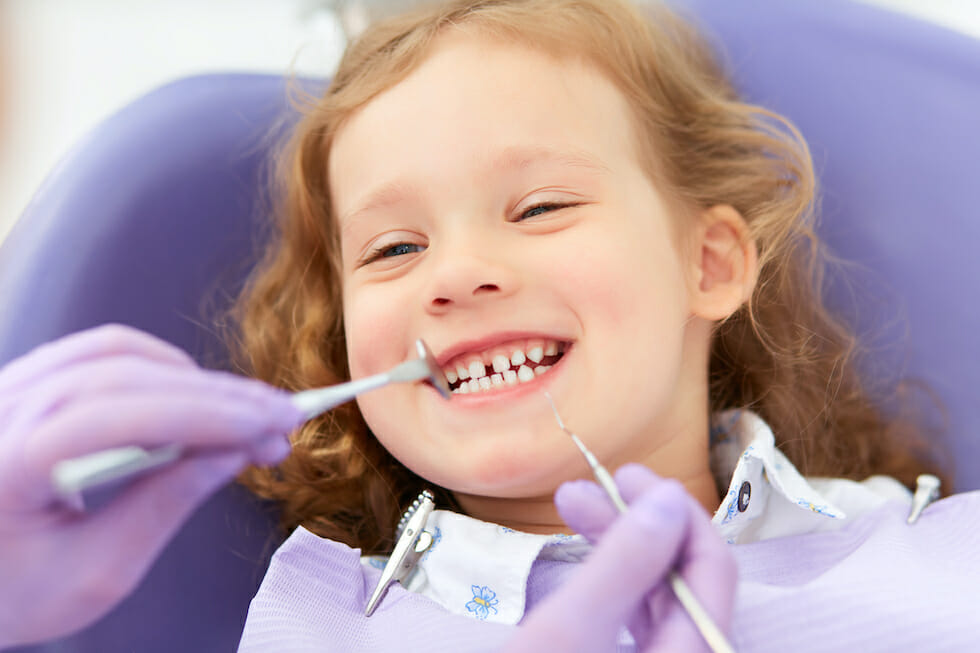A cleft palate, or orofacial cleft, is a birth defect in which an infant is born with an opening in the roof of his or her mouth.
Approximately one to two babies out of 1,000 in the United States are born with this condition every year. Cleft palates, even a minor one, can lead to problems later in life, and therefore surgery is needed to repair it.
Problems Caused by a Cleft Palate
A cleft palate can lead to a significant number of issues in the mouth and face. For one, it can cause issues with feeding. Babies who have a cleft palate have difficulty latching on for breast or bottle feeding. They swallow a lot of excess air when they eat, which means they spit up often. Until the cleft is fixed, babies might require a special bottle in order to eat.
Cleft palates can also cause ear infections. Fluid is likely to build up in the inner ear because it can’t pass through normal canals as it should. This issue can also lead to hearing loss. Oftentimes, tubes are needed for proper drainage.
Children with a cleft palate may also face dental issues. Teeth may be small, children may have extra teeth, or teeth may grow in incorrectly.
Speech problems are very common in children with cleft palates. Because air escapes through the hole in the palate, children often sound nasal.
Treatment
Surgical treatment is needed to restore the palate back to normal. This surgery is often performed between the ages of 9 and 12 months. The procedure is done under general anesthesia. Tissues of the palate are rearranged to close the hole and muscles are connected back to their proper place. Some children require more surgeries later to help further improve speech and breathing.
After Surgery
Following surgery, children will be able to eat and speak better. Some children still have trouble speaking, even with the procedure and, as a result, will require speech therapy.
Even a minor cleft palate should be treated surgically. This will ensure that the child will be able to eat, breath and speak properly as well as avoid several other potential issues. If your child has a cleft palate, contact our office about having it fixed.

